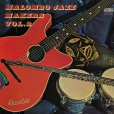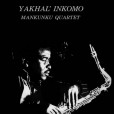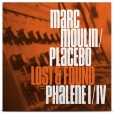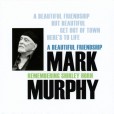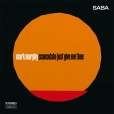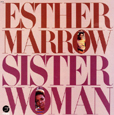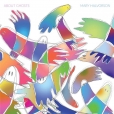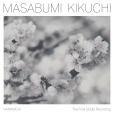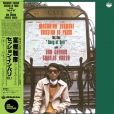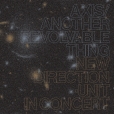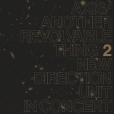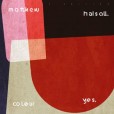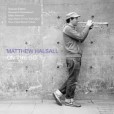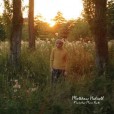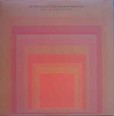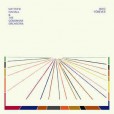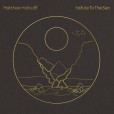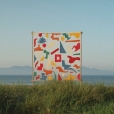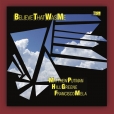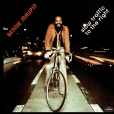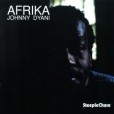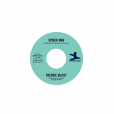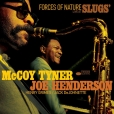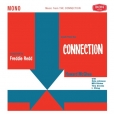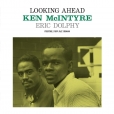Your basket is empty

Recorded a year after the debut, continuing the earthy flow of Malombo’s music. The two albums have since been recognised as unique landmarks of South African jazz. Alongside full original artwork, both albums feature a new interview with Julian Bahula.
Previously unreleased recordings from the sessions which produced Placebo’s sophomore LP, 1973.
A no-frills, loving tribute — with Shirley’s longtime drummer Steve Williams and double bassist Curtis Lundy (brother of Carmen), formerly of Betty Carter’s group; also the fine pianist Alex Minasian and trumpeter Till Brönner.
Killer. Sublimely moody Latin jazz — our favourite recording by this great jazz singer — with expert accompaniment by Francy Boland, Kenny Clarke, Sahib Shihab, Ake Persson and co. On the flip, Just Give Me Time is a dynamic, full-flavoured bossa.
Classy gospel soul, with a drop of funk and a couple of heavy breaks.
Featuring the early-70s Fantasy gang including Bernard Purdie and Richard Tee; The Reflections doing backing vocals; ace horns; Van Gelder engineering.
This is sublime. Check it out!
‘The most affecting solo piano album I’ve heard since Keith Jarrett’s much-loved The Melody At Night, With You more than 20 years ago’ (Richard Williams).
‘... the notes hang individually in the air as though being held up to the light… It’s so slow and patient, it becomes an observation of passing time’ (The Wire).
That’s Maupin on Bitches Brew, and Lee Morgan’s Live At The Lighthouse, and Head Hunters. He co-wrote Chameleon. From 1977, this is killer fusion in the same dazzling tradition — as confirmed by transformative readings of two classics by the Mwandishi sextet, Quasar and Water Torture, from the LP Crossings. We’re in the same neck of the woods as Eddie Henderson’s two deadly Blue Notes around this time — Sunburst and Heritage — and the great trumpeter is here. Also Patrice Rushen, who plays a blinder: check her out on the opener. Pat Gleeson, who introduced Herbie to synths, Head Hunters mainstay Paul Jackson, Blackbyrd McKnight, from Flood and Man-Child…
‘A never-before-issued live recording of McCoy Tyner and Joe Henderson leading a stellar quartet with bassist Henry Grimes and drummer Jack DeJohnette at the hallowed lost jazz shrine Slugs’ Saloon in New York City in 1966. Recorded by the legendary engineer Orville O’Brien — behind classic 1960s jazz albums such as Freddie Hubbard’s The Night of the Cookers and Alice Coltrane’s Journey to Satchidananda — the tape has been in DeJohnette’s personal archives for nearly 60 years.’
